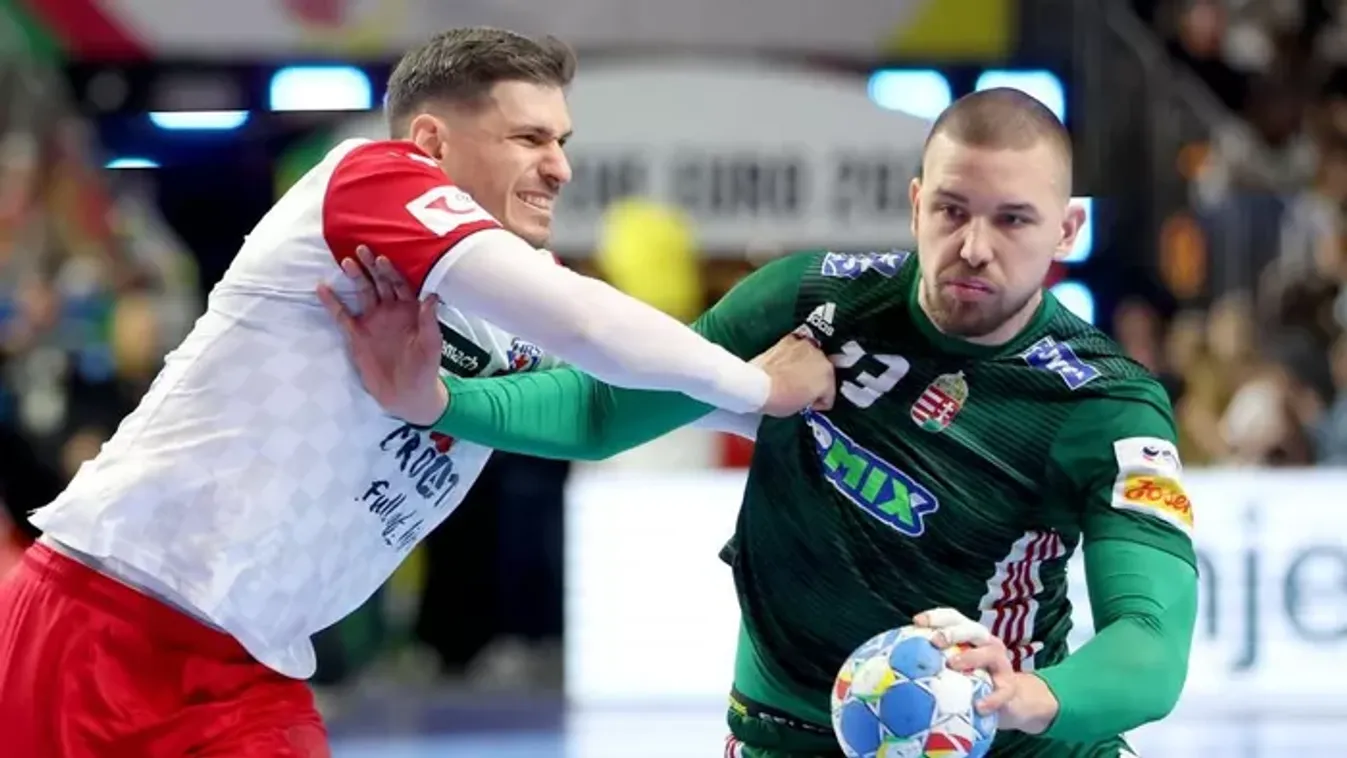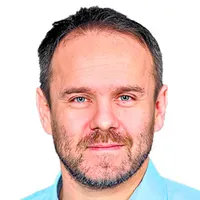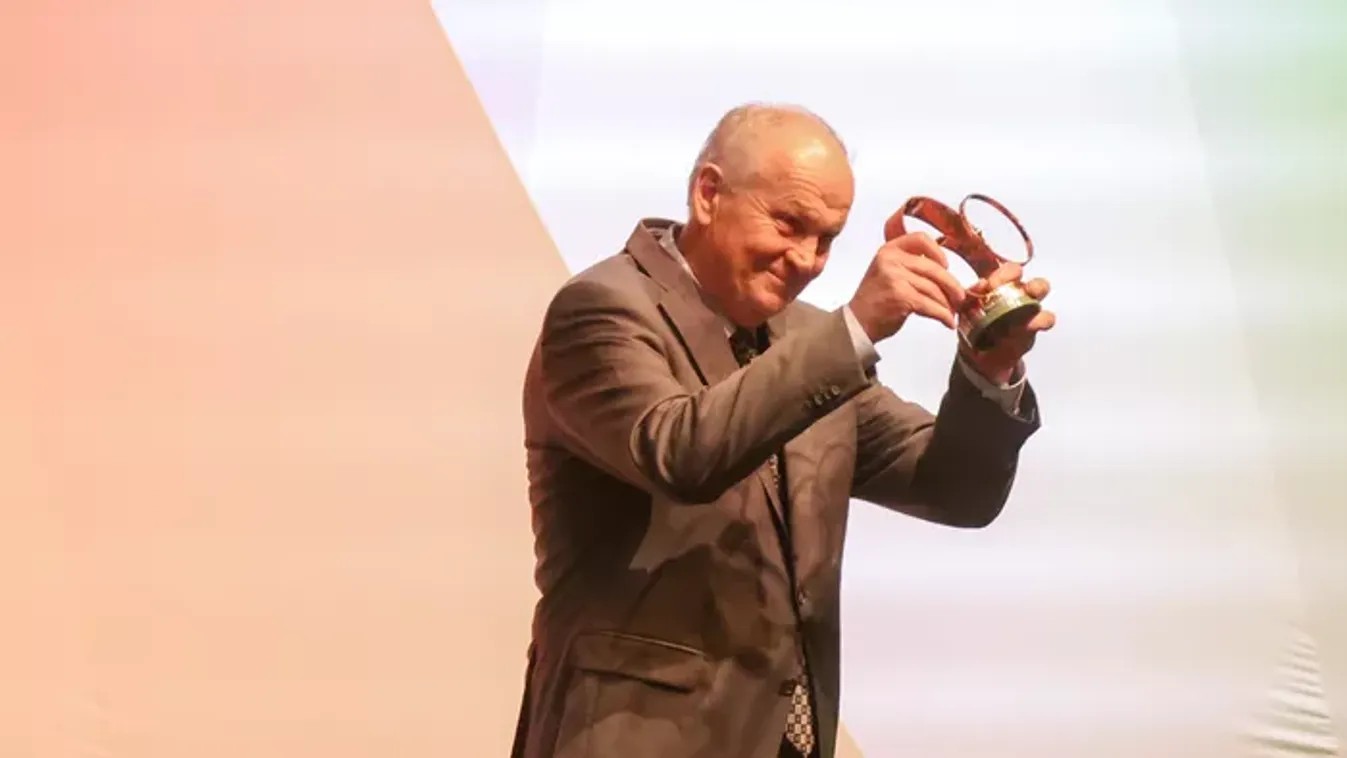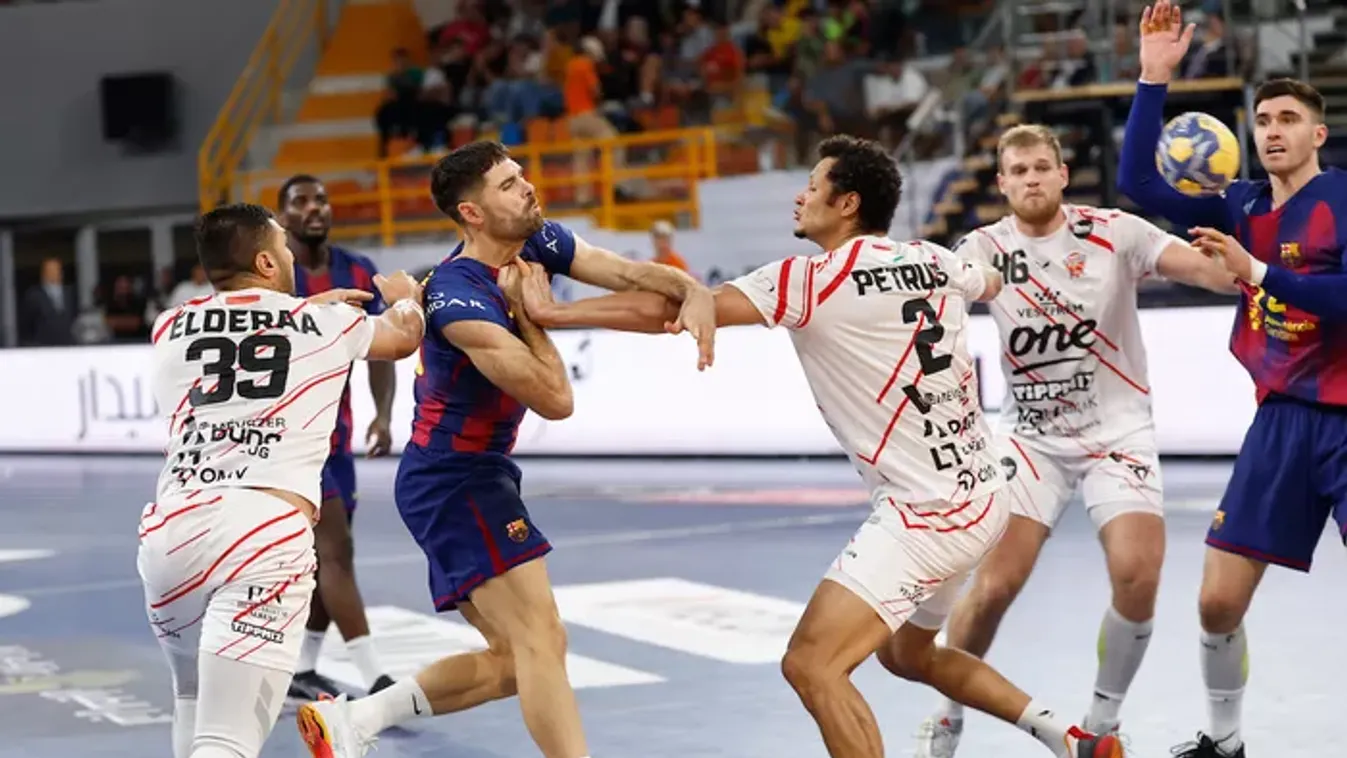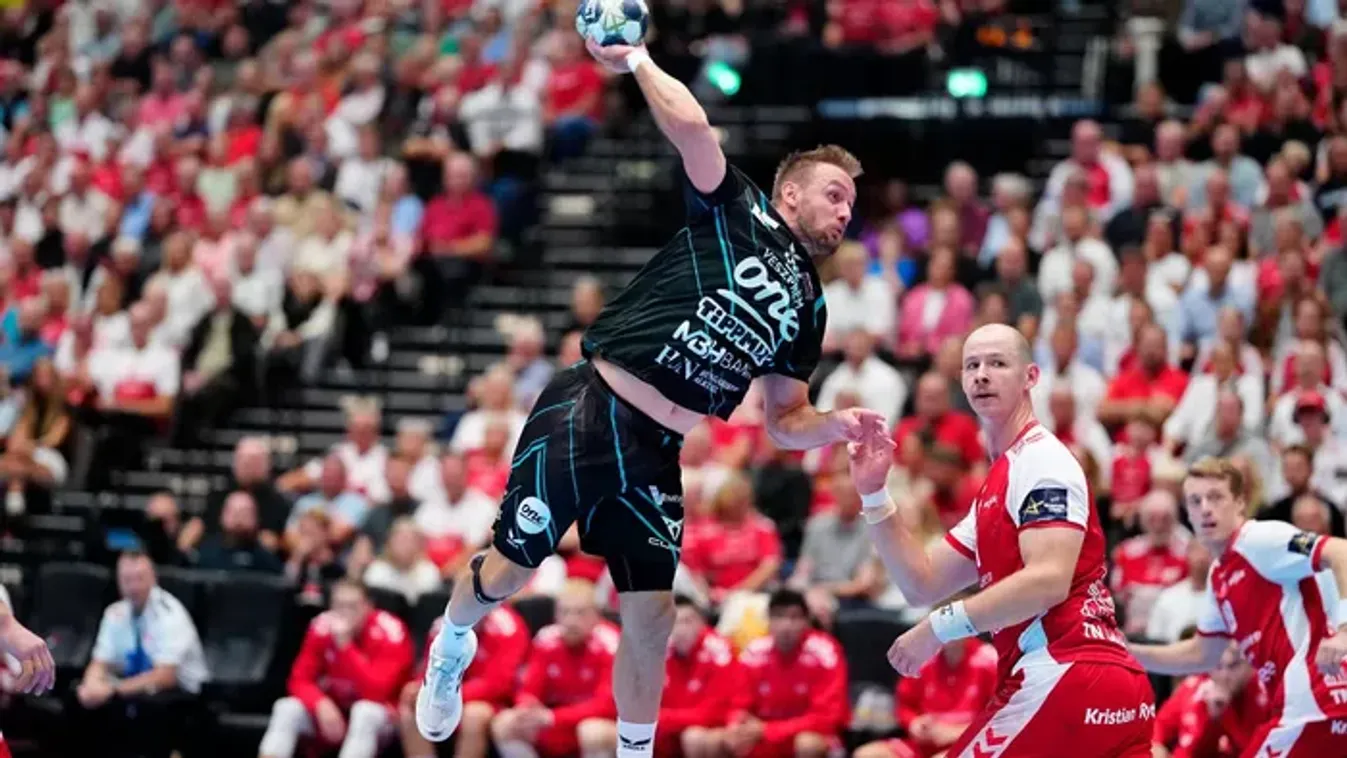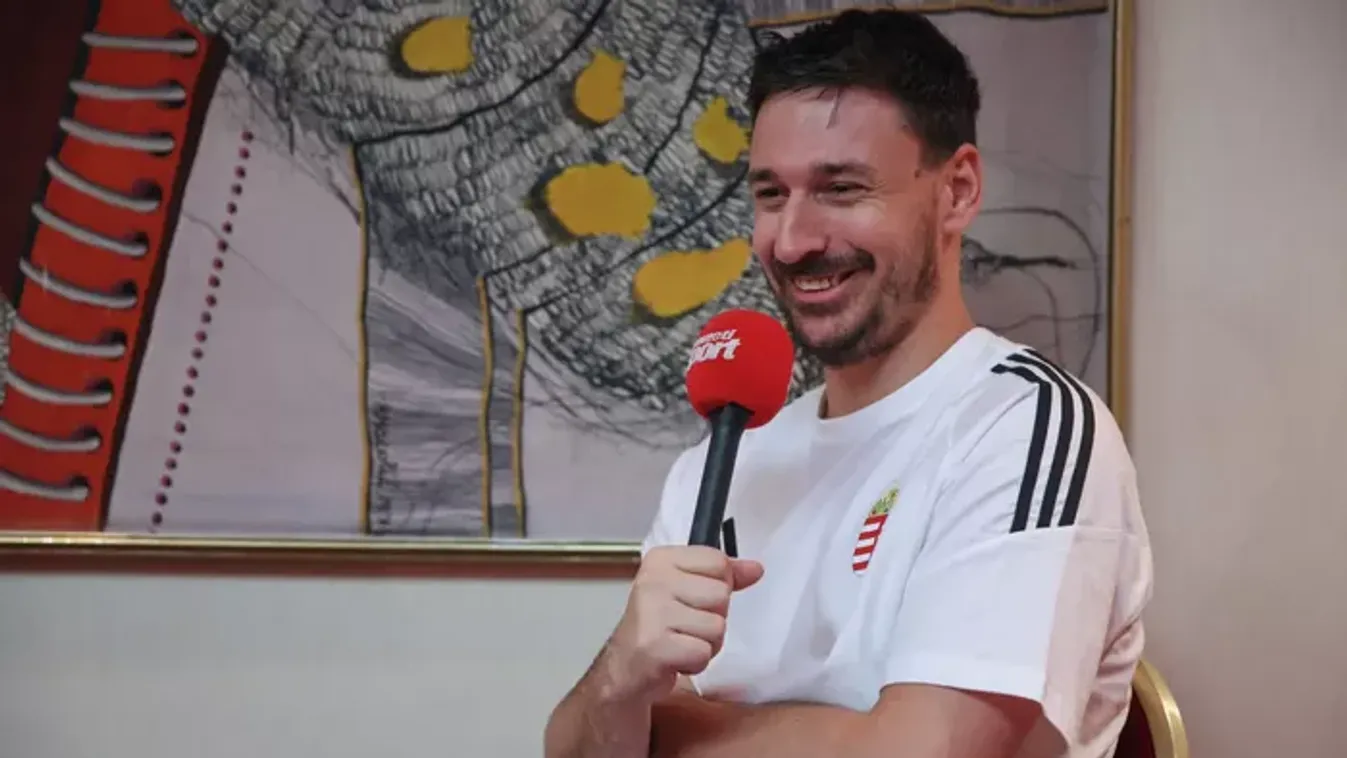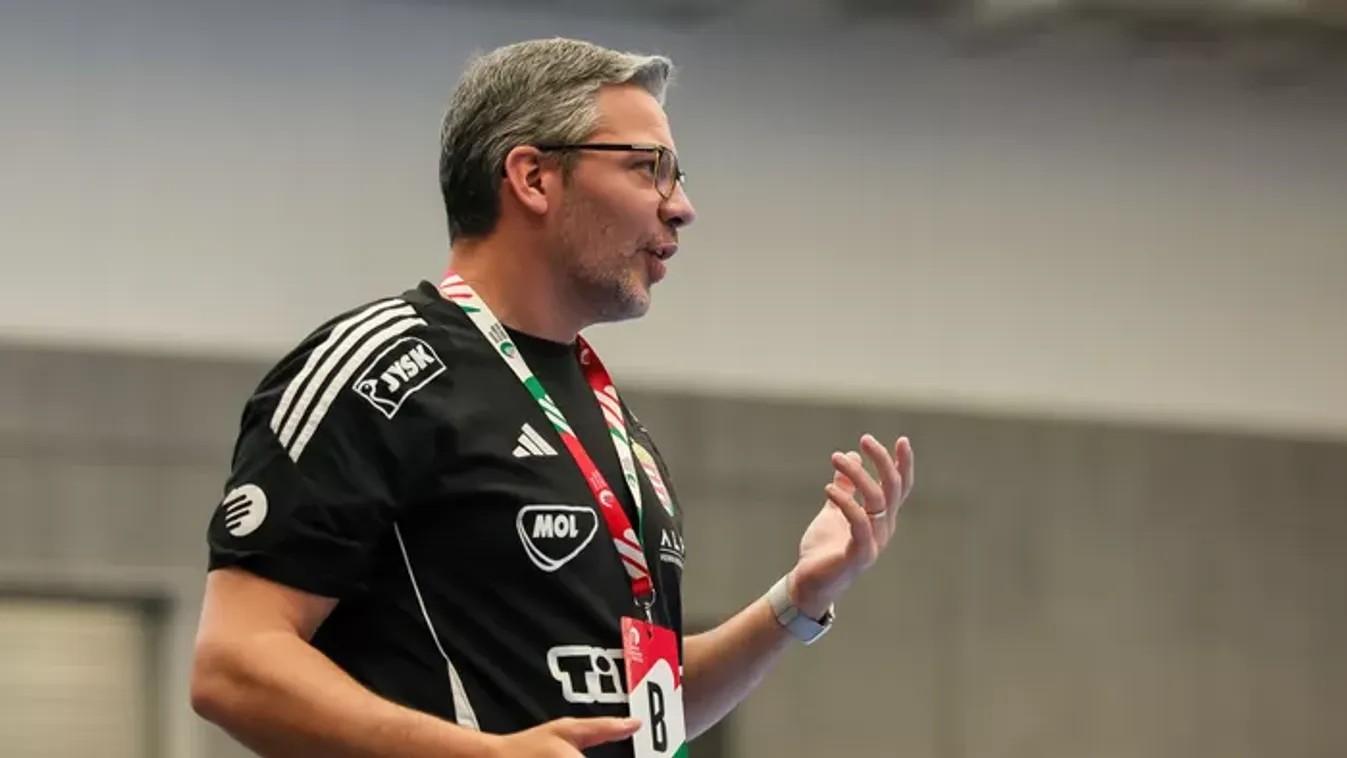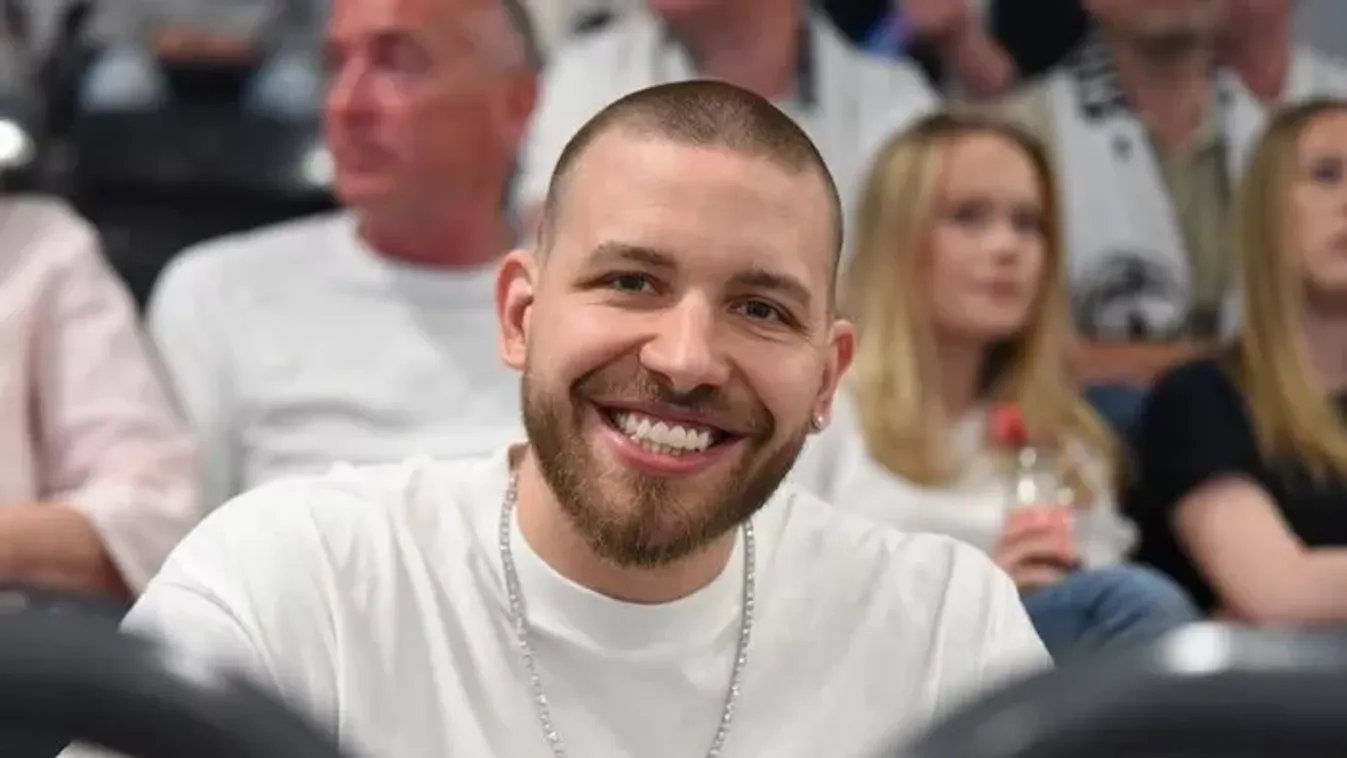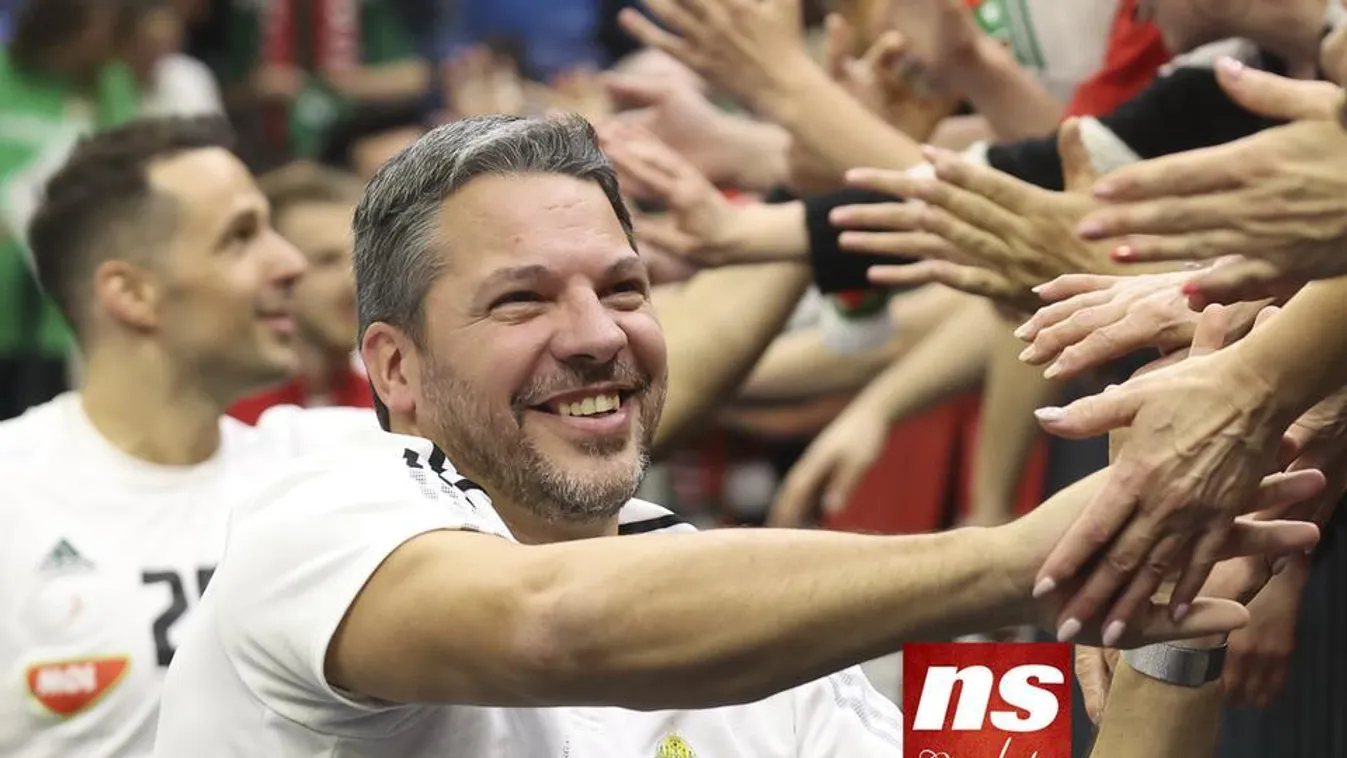
– You were appointed head coach in March last year. How were the past ten months?
– I have more responsibilities, I have to make more decisions than before, but it hasn't been very different from previous years – Chema Rodríguez, the head coach from Spain, told Nemzeti Sport. – The work is the same, the atmosphere is the same, and I know the players well. In addition, we were lucky in the matches: after Germany came the World Championship qualifier against Israel, which was difficult because everyone was disappointed with what had happened at the European Championship in Hungary. So, we had to restart from zero in some ways. It wasn't easy at first to stop dwelling on what had happened before, but our heads have cleared gradually, and I can now see the same attitude and confidence in the boys as before. These ten months have not been difficult for me with them at all.
– Which of your matches was the best?
– In the two European Championship qualifiers, against Lithuania and Georgia, we probably played our best game since I was appointed as the head coach: we played a tough defense, from which we were able to attack very well. Still, if I have to choose, I would say the World Championship qualifiers against Israel were the best. Those were our first competitive matches after the continental championship, and Israel is far away, so traveling there wasn’t easy, but we played well, especially in the rematch in Tatabánya. It was probably not our best game, but it was undoubtedly the most important one. It is clear that everything was back to normal after that.
– What do you think the team has improved in the most in the last ten months?
– First and foremost in defense, which is important because whatever we want to achieve, we can't do it without a tough defense. Even those in the team who don't normally defend so much are now doing it more by giving their best. We can do what we need to do in offense, but we will only be a really good team if we defend effectively. We've also made a lot of progress mentally, which was never a problem before, but when you're on track and the results come, everything seems easy. We were able to use what had happened at the European Championships to get stronger, we didn't get stuck in the fact that we didn't do well in front of our home crowd. It's been a year, we are here, we have to do well again at the next Worlds, but we've also become more experienced.
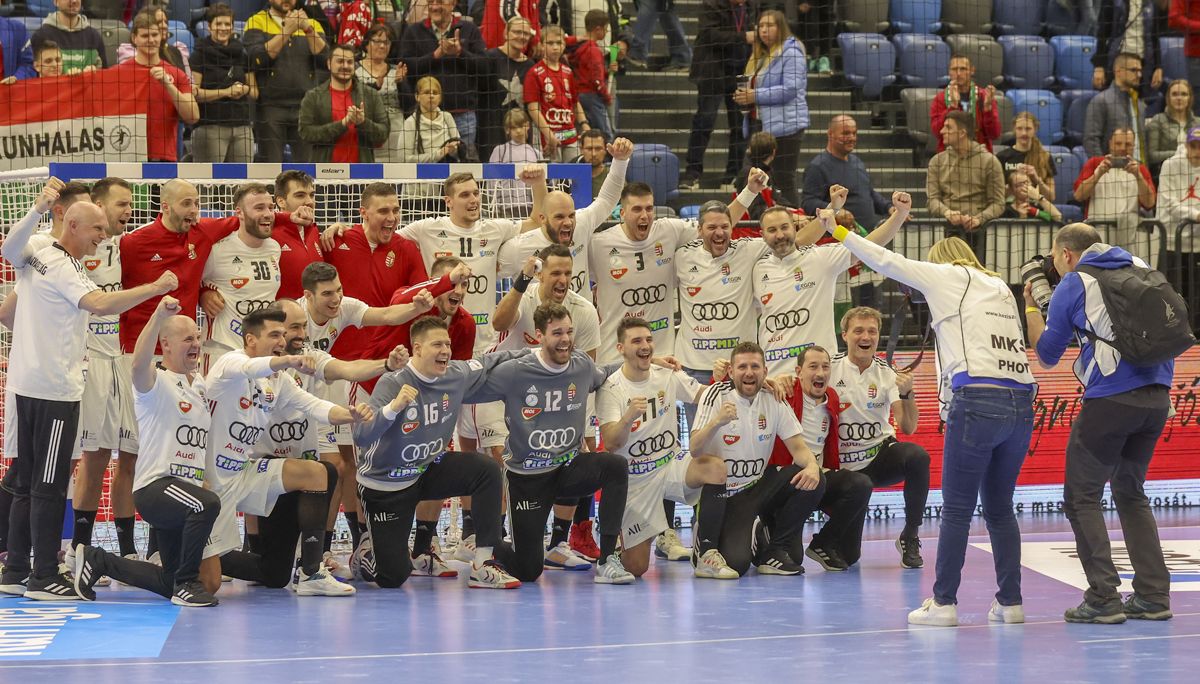
– Can you compare the 2020 and 2021 Hungarian national teams with the current one?
– Three years ago, the situation was different in that there were almost only young players in the squad; Máté Lékai, Richárd Bodó and Gábor Ancsin could not join us in Malmö. I think the biggest difference between the team then and now is that we have become a family. The players love to come to the national team. In this respect, I can tell you that when I started working in Hungary, there was a player or two who didn't want to play for the national team, even though we called them up. I didn't understand this as a Spanish because, in Spain, the most a player can achieve is to be selected – there is simply no higher. I can tell you that the situation that we had before is certainly not happening now with the Hungarian team because there is no player who doesn't want to come here, regardless of whether we win or lose. And those who are here tell their teammates at their club how good it is to be here. That was the case last year and the year before, and it's the same now as well.
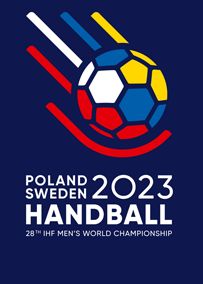
– You had to manage everything without your best player of 2022, pivot player Bence Bánhidi. How difficult was it?
– It always is when a player of Bence's caliber is injured, and you can't count on him. I don't want to compare it with football, and it's not even possible, but I'm just giving you an example: the world champion Argentina plays great football, but the team would also feel the absence of Lionel Messi. At the same time, I am lucky because although Bence is one of the best in the world in his position, we have very good pivot players apart from him. Miklós Rosta has improved a lot in Szeged, Szabolcs Szöllősi is also fantastic, and he has a completely different style which I really like because having different styles on my team gives me more variations to choose from. Petar Topic has done a great job over the last year, and he's a player who could have been in almost any national team.
– After a year out, was Bence Bánhidi's reintegration smooth?
– Absolutely, because he knows the system perfectly. I would rather say that in the last year, when Bence was not with us, we had the opportunity to develop more in other areas, to have more variation even when we had to play without him. I think we managed to do that; we integrated Szabolcs Szöllősi. Of course, it's never good to have a player of Bánhidi's level out, especially for a long time, but we tried to make lemonade when life gave us lemons. That's what I was referring to when I said before that we've become a family: if one person is out, the others will step in and take over his job.
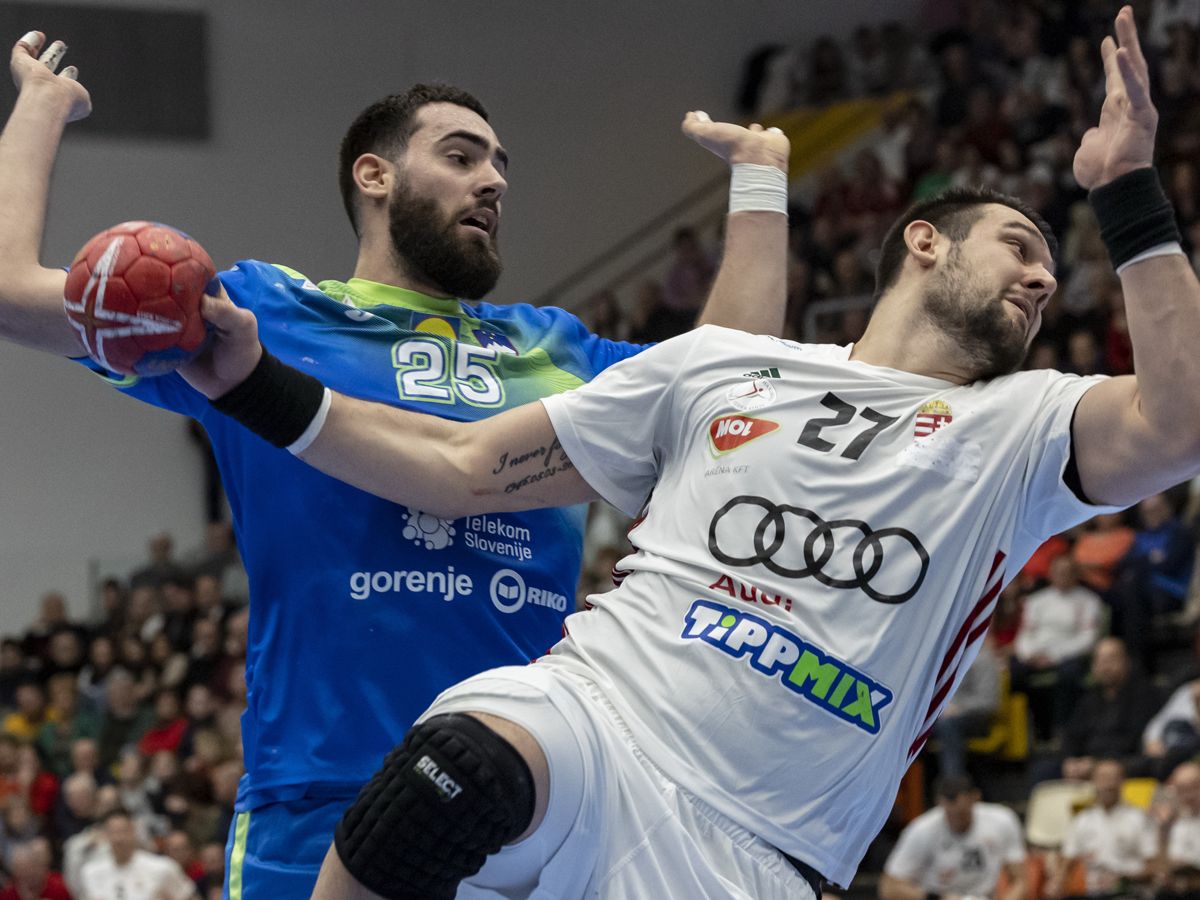
– Recently, your attacking play has been mainly focused on the middle of the court. Is there a chance to play more and more in the wing?
– The fact that our pivot movement is so important doesn't mean that the wing isn’t important. In fact, it's the pivot players who can create space for the wingers by pulling the defenders towards them. But I don't want to avoid the question, and I can't say anything else about it now than I have said so far: if we have such pivot players, we must take advantage of them, which other teams don't have. The game is also shaped and defined by the squad, and we are constantly trying to add more color to the palette with the wings, and I can see that we have improved in this area too. We've got the right wingers, but I can't really complain about any of the positions, even though Dominik Máthé, the right winger who is recovering from injury, is not here yet.
– In which positions is the team the strongest?
– In the Hungarian national team, I think there are two or three positions where we are very strong, such as the aforementioned pivot, left wing and point guard: where besides Máté Lékai, Egon Hanusz and Ádám Juhász, who is unfortunately injured, we have Gergő Fazekas, Mátyás Győri, Bence Nagy or Kristóf Csörgő. This means there is also a new generation of players, which is good because it is getting harder to decide who should be on the team.
– On the other hand, it seems that squad’s a little inexperienced in the right-back position.
– Dominik Máthé is out, we are currently playing with the trio of Csaba Leimeter, Zoran Ilic, and Gábor Ancsin, but we can also count on Máté Ónodi-Jánoskúti. Plus, some youngsters who will have to be integrated. As I see it, the Hungarian players are also getting stronger in the Hungarian league, but we need more and more of them to get opportunities in European cups because international experience is essential – for example, playing against the French, the Danish, or the Swedish teams as almost all of them play in the Champions League or the Europa League, or even in the Bundesliga, the strongest league in the world.
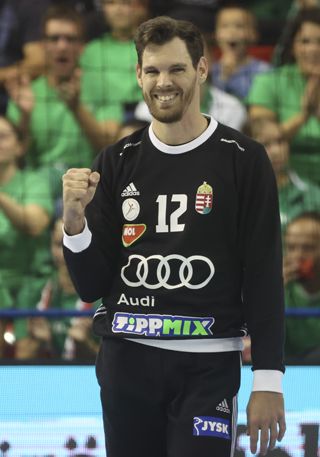
– And now onto the goalkeepers. You are in a very good position now, but what will happen after Roland Mikler and Márton Székely?
– The level of the goalkeepers is determined more by their age than the level of the field players, so the older they are, the better and more experienced they are. Mikler and Székely have always performed at a high level, and now we've brought in Kristóf Palasics, but there's also Arián Andó, Ádám Borbély and a lot of young goalkeepers who have the potential. We just need to work with them.
– After the two preparation games against Slovenia, how do you feel the team is ready for the World Championship?
– Yes, but if you had asked me that before the European Championship at home a year ago, I would have said yes back then as well. One thing is for sure, we can't just concentrate on the first game against South Korea, we fell into that trap at home against the Netherlands, and we can't do it again. Expectations were high then, and rightly so, but the boys didn't have the experience to put aside the first lost game in front of a home crowd, and against Portugal and Iceland, everything is always on the line. But let's put that into place: the first game is difficult for everyone, including the defending champions, but if they win it, it makes the next one a little easier. That's what we want to do now against South Korea, who are not the Netherlands. However, it won't be easy against them – their players are short, fast and are great one-on-one. It might be easier to face a team like that in the second or third round when they are more tired, have fired their guns, and find it harder to physically compete with their opponents. But they will be as good as they can be against us. That's the way it is, we have to deal with that.
– What would you be satisfied with at the Worlds?
– I don't like limitations, so I always aim for the best, which is to win the World Championship. That’s how I was as a player and as a coach as well. I would rather say that I never set limits for myself and my team, I don't say that we can't do this or that. But I am realistic about the possibilities, our official goal is to finish in the top eight and qualify for the Olympic qualification tournament. That is what I have in mind, but at the same time, there are twelve or fourteen teams that have the same chance and want the same thing. We know how difficult it will be, but we are not putting any extra pressure on ourselves.
– And when would you be disappointed?
– Not when we wouldn’t make it to the qualifying tournament because defeat is always part of sports. But if we don't do our job, if we don't fight and do our best to win, then I will be disappointed, very disappointed. The fans also want to see fighters who work hard on the court, so that after the game, no one can say that we didn't do our best to win. Because the only way to achieve our goals is to fight hard for them.
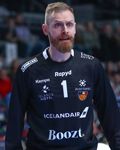
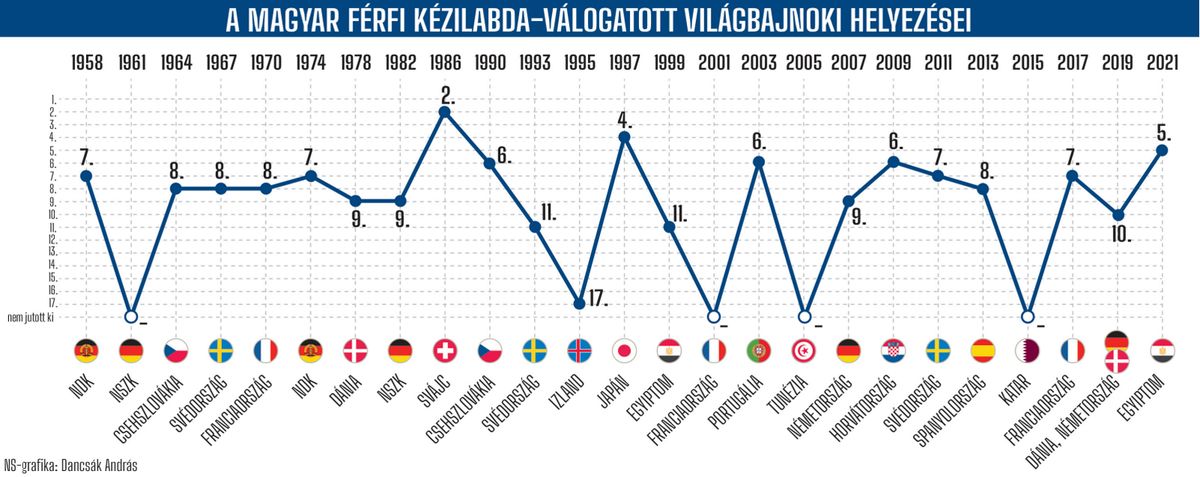
translated by/fordította: Orosz Vanda
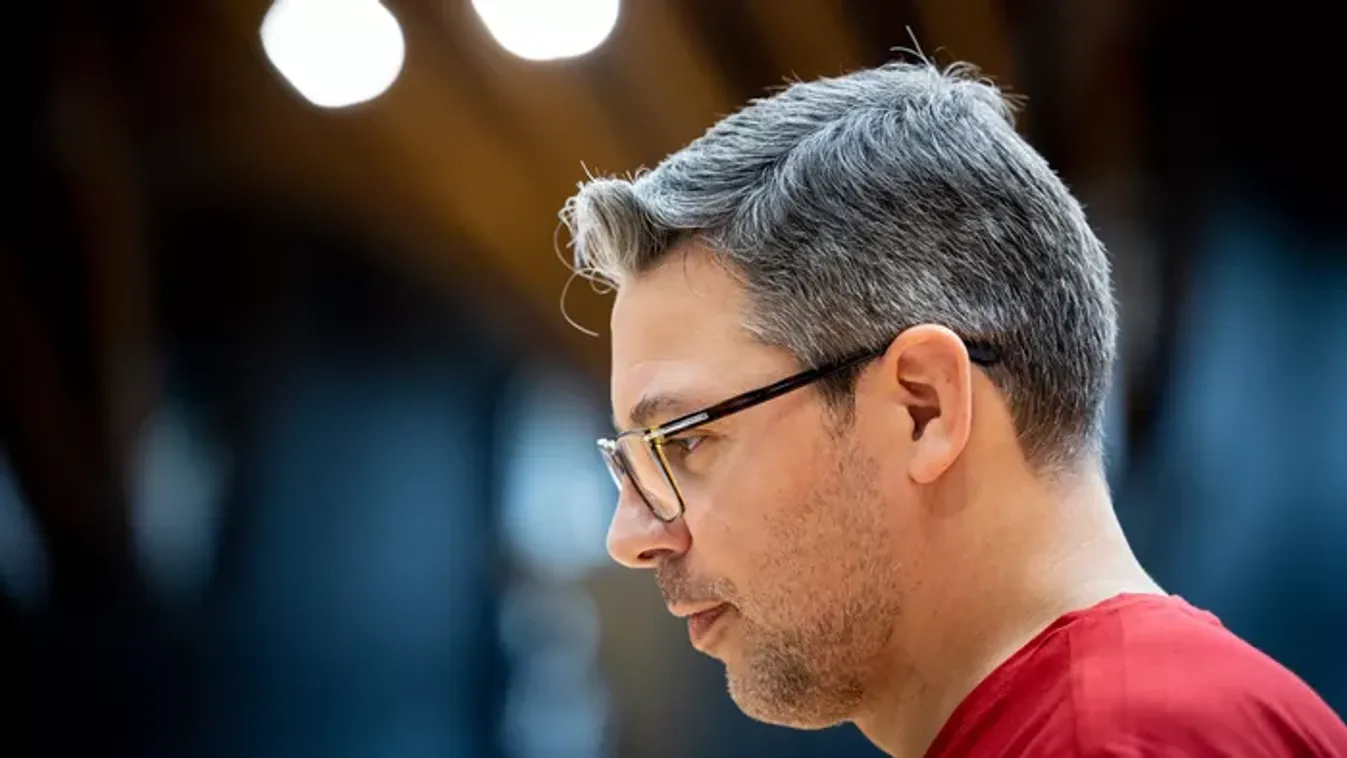
Chema Rodríguez: Volt mit és kit nézni az elmúlt hetekben
